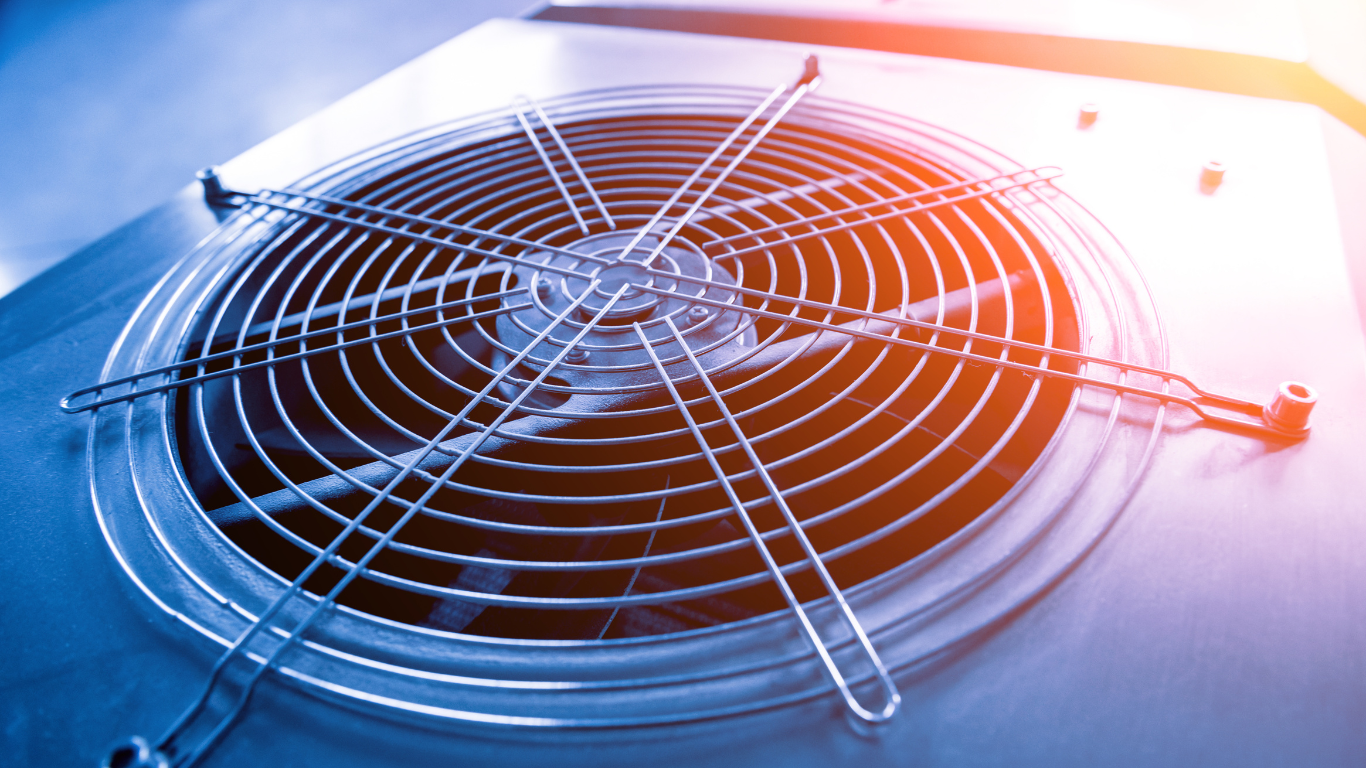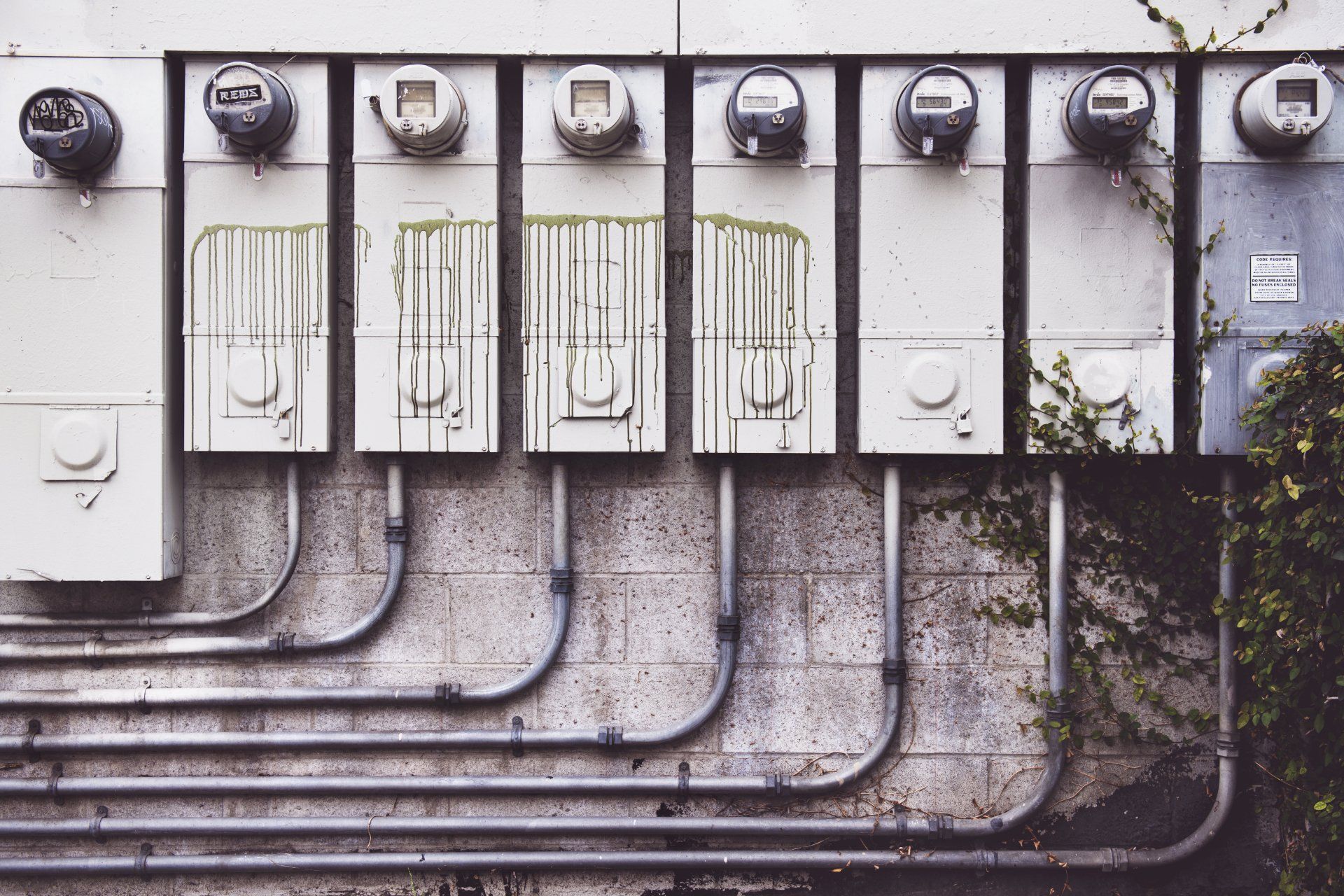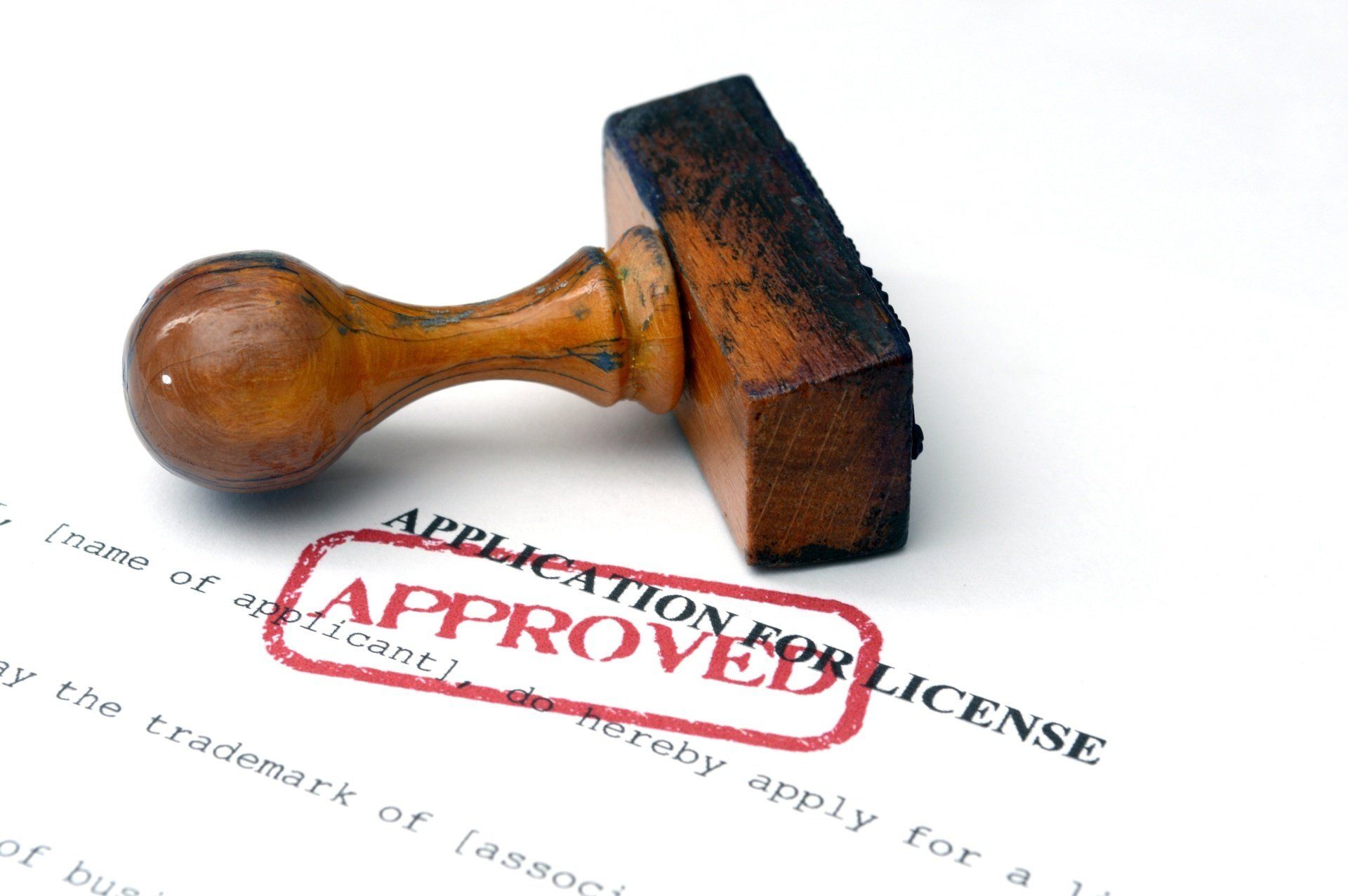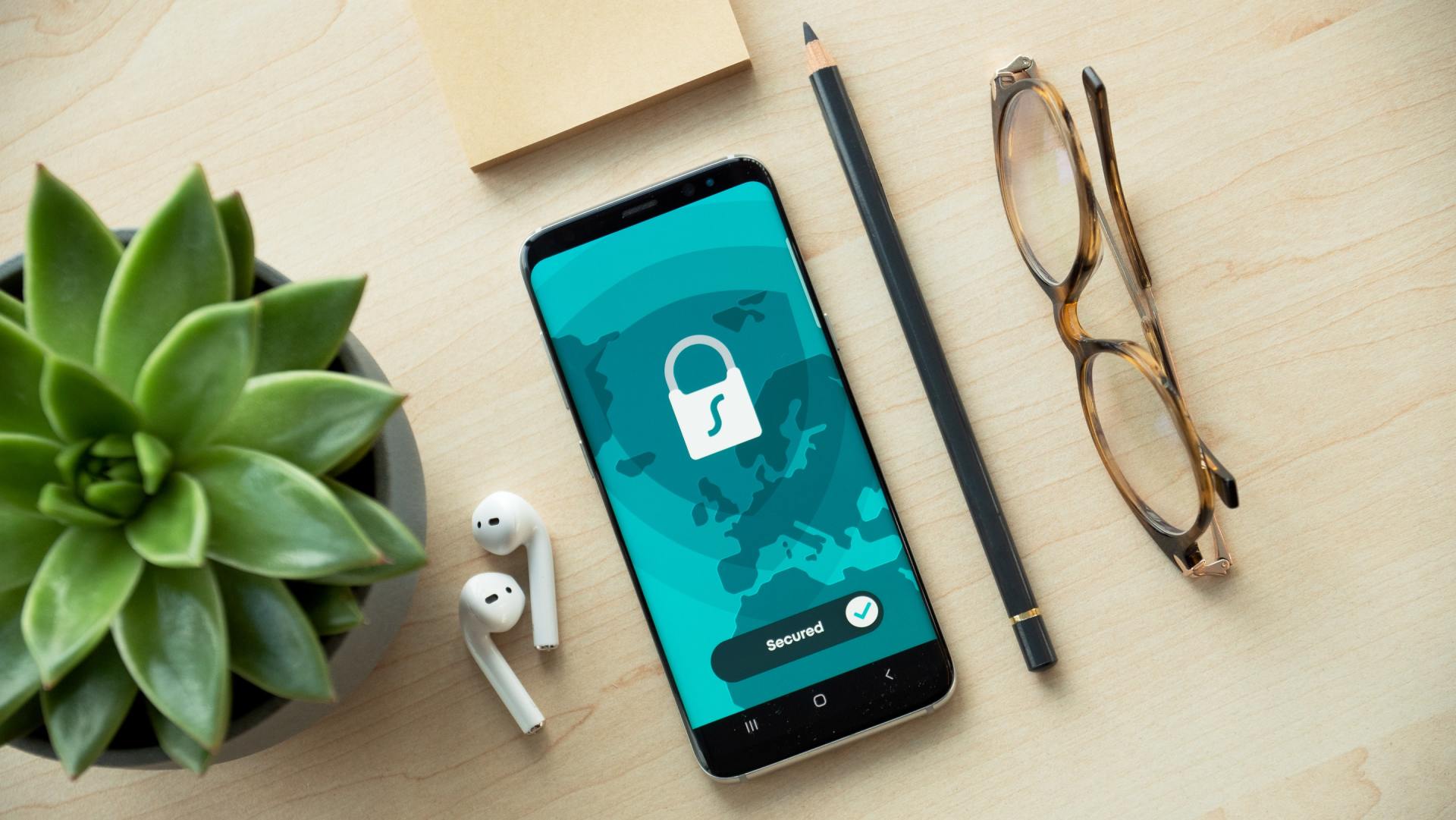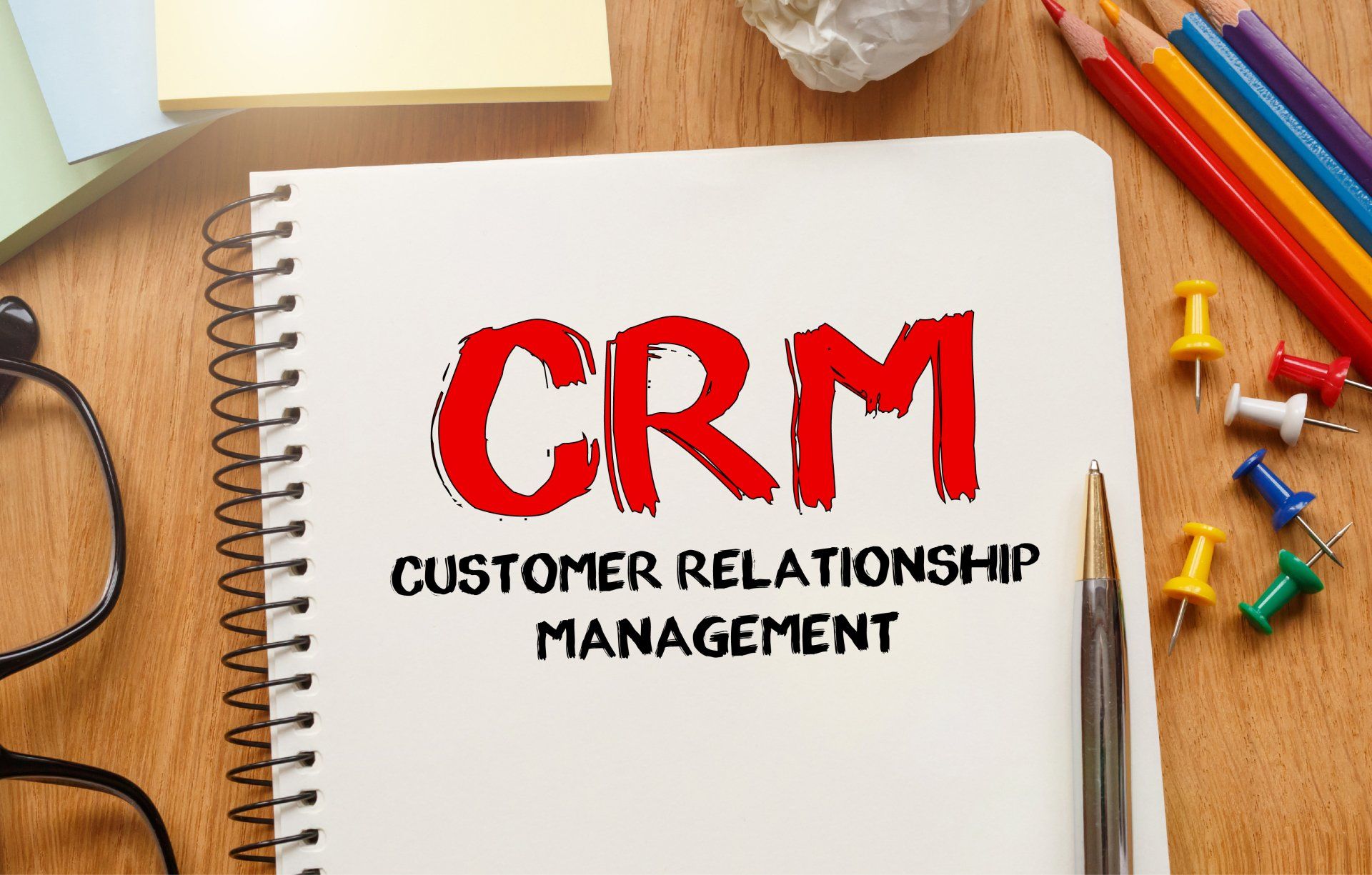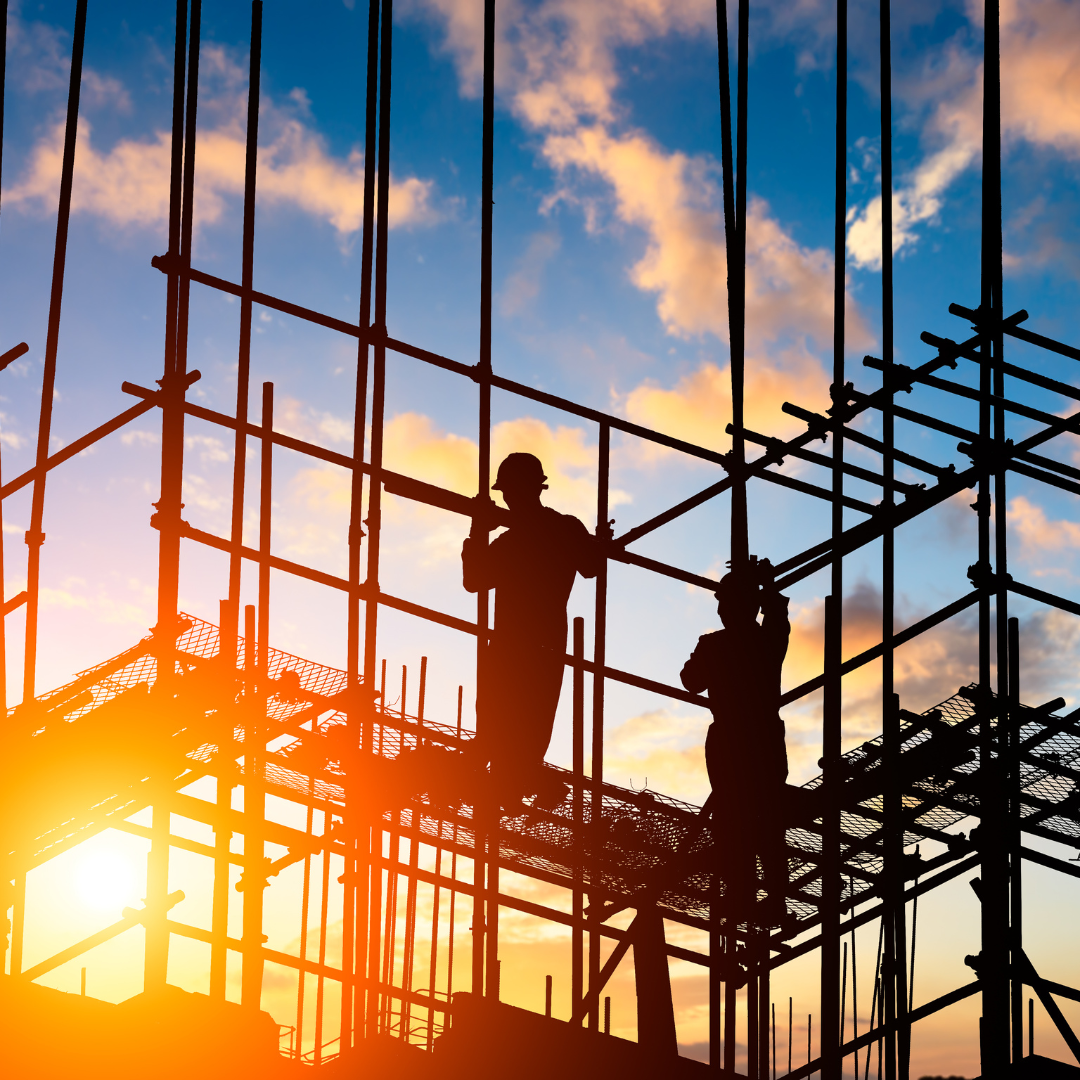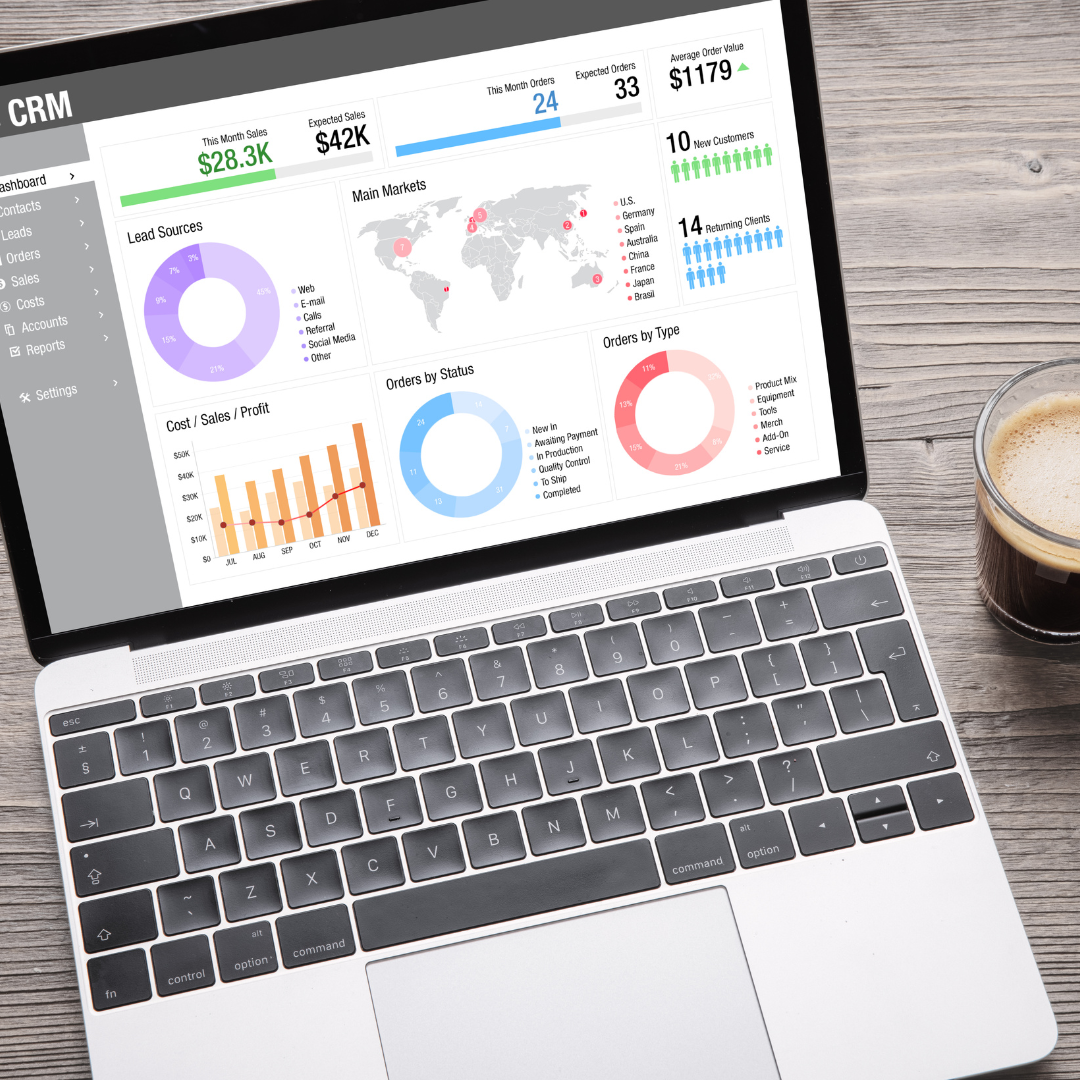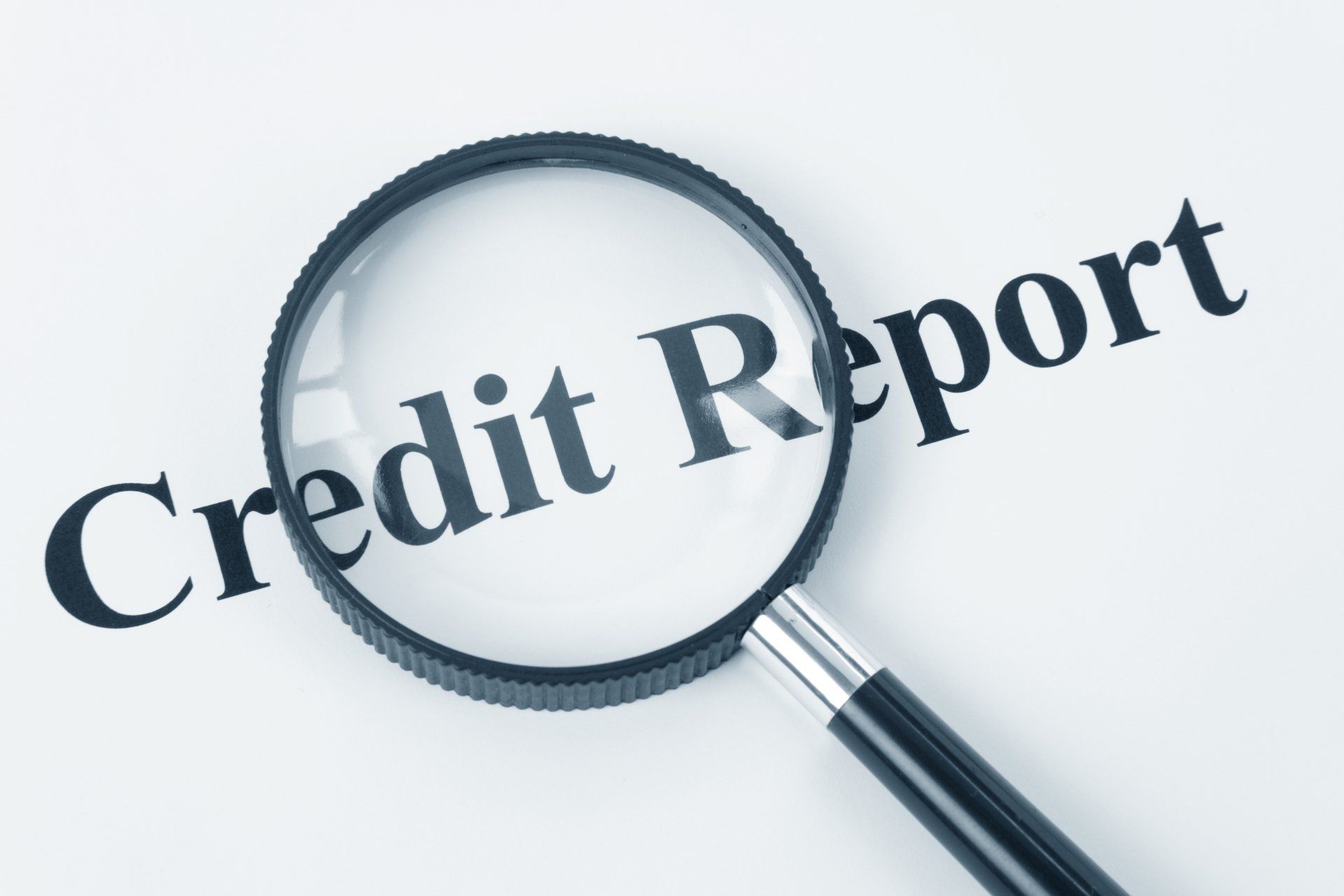Understanding the Difference Between the Florida Construction Industry Licensing Board (CILB) and the Electrical Contractors' Licensing Board (ECLB)
Understanding the Difference Between the Florida Construction Industry Licensing Board (CILB) and the Electrical Contractors' Licensing Board (ECLB)
In Florida, contractors are required to be licensed to ensure that construction projects are executed safely, correctly, and in compliance with state laws. Two major regulatory bodies oversee contractor licensing in Florida: the Florida Construction Industry Licensing Board (CILB) and the Electrical Contractors' Licensing Board (ECLB). While both fall under the Florida Department of Business and Professional Regulation (DBPR), their areas of focus are quite different. If you're a contractor or considering entering the construction industry in Florida, it’s crucial to understand the roles these boards play and how they affect you.
What is the Florida Construction Industry Licensing Board (CILB)?
The Florida Construction Industry Licensing Board (CILB) is responsible for regulating and licensing contractors across a broad spectrum of the construction industry. This includes general contractors, building contractors, and specialty contractors. The CILB’s mission is to ensure that construction projects are carried out to the highest safety and quality standards, safeguarding both workers and the public.
Key Areas Regulated by CILB:
- General Contractors: These contractors oversee and manage large-scale construction projects, ensuring all aspects of construction are completed on time, within budget, and in compliance with building codes.
- Building Contractors: Specialize in constructing residential and commercial buildings, but unlike general contractors, they typically do not manage the entire construction process.
- Residential Contractors: These contractors focus on residential construction projects, including single-family homes and multi-family units.
- Specialty Contractors: These contractors specialize in specific trades such as roofing, plumbing, HVAC, solar, and swimming pool construction. The CILB licenses various specialists, ensuring expertise in each area.
To become licensed under the CILB, contractors must meet educational and experience requirements, pass relevant exams, and comply with Florida's building codes. The board helps ensure that all licensed contractors are qualified to handle the complexities of their respective trades.
What is the Electrical Contractors' Licensing Board (ECLB)?
In contrast to the CILB, the Electrical Contractors' Licensing Board (ECLB) has a much narrower focus: regulating electrical contractors. These contractors specialize in electrical work, including installing, maintaining, and repairing electrical systems in homes, businesses, and industrial facilities. The ECLB's primary responsibility is to ensure that electrical work meets safety standards and complies with the National Electrical Code (NEC) and other state regulations.
Key Areas Regulated by ECLB:
- Electrical Contractors: These contractors are responsible for the installation, maintenance, and repair of electrical systems in both residential and commercial properties.
- Alarm System Contractors: These contractors specialize in the installation and maintenance of alarm systems, including fire and security alarms.
- Limited Energy Contractors: These contractors work with low-voltage systems, including lighting, communications, and data systems.
- Utility Line Electrical Contractors: These contractors focus on electrical work related to utility lines, including the installation and maintenance of electrical power lines.
Electrical contractors must meet stringent qualifications to ensure safety, as electrical systems can be hazardous if not properly installed or maintained. ECLB ensures that electrical contractors are equipped with the necessary knowledge and skills to handle complex electrical systems safely.
Key Differences Between CILB and ECLB
While both the CILB and ECLB play important roles in ensuring safety and professionalism within the construction industry, they regulate contractors in different sectors:
- Scope of Work: The CILB regulates a broad range of construction contractors, from general contractors to specialty trades like plumbing, roofing, and HVAC. The ECLB, on the other hand, focuses exclusively on electrical contractors and electrical work.
- License Categories: The CILB’s license categories cover a variety of trades, while the ECLB’s categories are tailored specifically to electrical contracting, including alarm systems, utility lines, and limited energy work.
- Regulatory Focus: The CILB enforces regulations related to building codes, construction safety, and quality standards across various construction fields. The ECLB ensures that electrical contractors comply with safety codes specific to electrical installations and repairs.
Why Are These Boards Important?
Both the CILB and ECLB ensure that contractors in Florida are qualified and adhere to the highest industry standards. Without these regulatory bodies, the construction industry would lack oversight, leading to unsafe building practices, faulty electrical work, and, ultimately, potential harm to property owners and workers.
For contractors, obtaining a license from either board is not only a requirement for legal work in Florida, but it also demonstrates a commitment to quality, safety, and professionalism. For consumers, hiring a licensed contractor gives peace of mind, knowing that the person or company handling their project is well-trained, qualified, and compliant with Florida’s construction laws.


